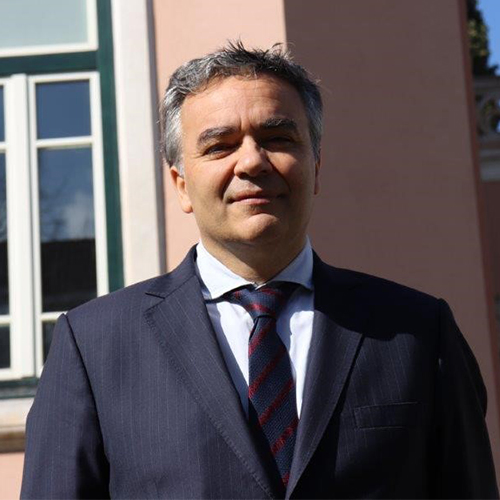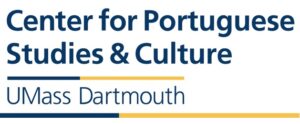
This event is co-sponsored by the Department of Portuguese and Brazilian Studies of Brown University and the FLAD - Luso-American Foundation, of Lisbon.
This program is supported in part by:

The Portuguese & Lusophone-World Lecture Series
Thursday, April 27 | 5:30 - 8:00 PM | Free
The Portuguese & Lusophone-world Lecture Series presents: The Portuguese and Cod Fishing in the Northwest Atlantic, a Legendary Heritage with Álvaro Garrido.
The legendary ‘white fleet’ and the saga of the Portuguese fishermen aboard the small dories in the grand banks are the central images of the national mythology built around the cod fishing migratory fleets. These images include epic and dramatic aspects that Estado Novo propaganda spread across the Atlantic World, converting its strategy into a feature of economic diplomacy and political legitimation.
Regardless of its contemporary aspects and the social memory it has left in several European countries and coastal communities, the fishing of Atlantic cod in Southern European countries are a Modern Period mercantile invention.
Since the Newfoundland and Labrador grounds were regularly exploited by Portuguese, Basque, French and British merchants, large fleets of ships prepared in European ports have headed every year to the Northwest Atlantic, 1800 nautical miles away, to fish for cod.
This brief history of the Portuguese fishery highlights its trade cycles and naval power connections. Since the beginning of the 16th century, the cod business has never ceased to be a long-term global economic activity. Atlantic cod fishing, started by the Portuguese, Basques and French in Newfoundland, created international economic relations, fueled navigation careers and seamen skills. For hundreds of years, migratory fleets from Portugal left their ports in April or May and headed for the grand banks of Newfoundland to load the holds and bring cod to the Portuguese market.
Like the Wheat Campaign, the Cod Campaign launched by the Salazar dictatorship in the 1930s was the most emblematic program of the autarky policy that involved the State’s intervention in interests – shipowners, on the one hand, and the large import trade, on the other hand.
Moran than a political issue, we should invoke the human dimension of economic activities associated with cod production and trade, particularly the dystopic life of the fishermen onboard. This is a cultural heritage of the entire Portuguese territory, especially strong in the imaginary of maritime and emigrant communities. This collective memory is also remarkable in the Portuguese-speaking countries that today are important markets for the export of dry salted cod transformed by Portuguese companies.
More than a material heritage based on a seasonal way of life that has become lodged in the social memory, cod fishing has acquired the status of a ‘cultural heritage’. In maritime communities that were once cod fishing ports, the strength of this heritage stirs nostalgic discourses that sometimes hinder a critical look and sustain the expression of distinct memories.

